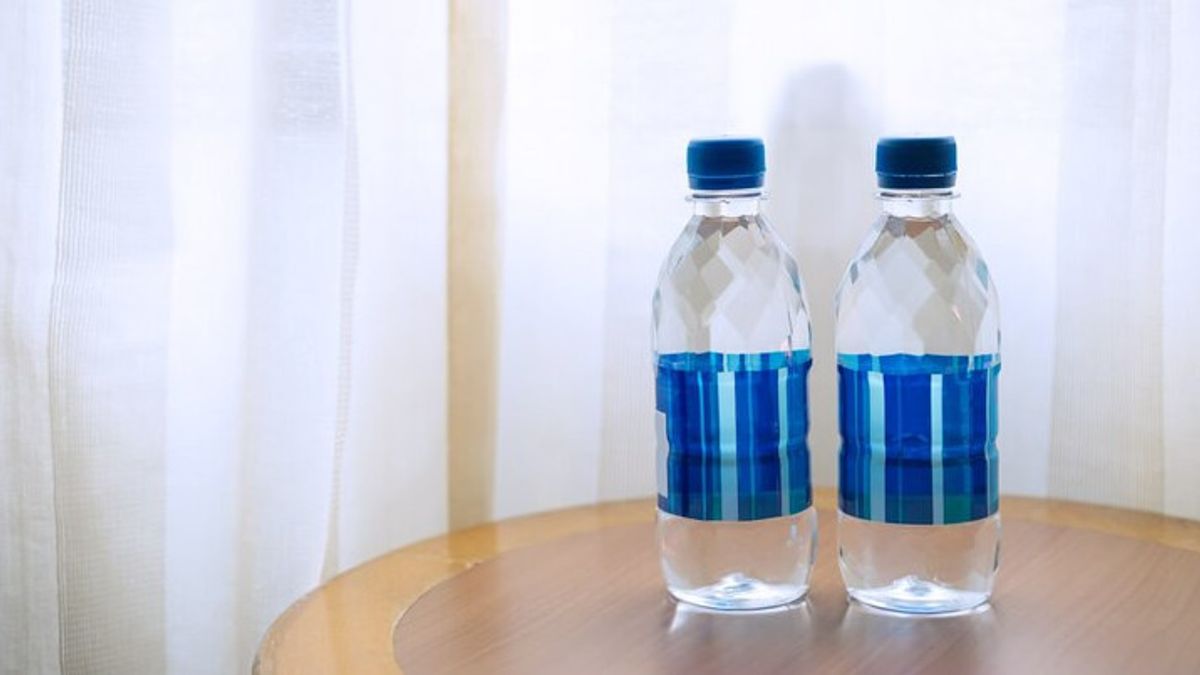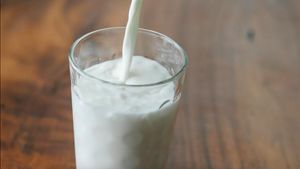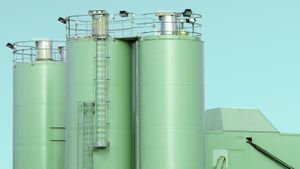JAKARTA - Plastic bottles of mineral water have become part of everyday life for many people. Practically and easily carried, plastic bottles are often the main choice to meet hydration needs.
However, behind these conveniences, there are health risks to watch out for. Recent research reveals that plastic bottles not only have a bad impact on the environment, but can also endanger human health. Recent studies show plastic bottled water contains hundreds of thousands of harmful plastic particles that can enter our bodies.
In recent years, the campaign to reduce the use of plastic bottles for environmental reasons has become increasingly widespread. However, this finding confirms that replacing plastic bottles with reusable bottles is also important for our health.
Reported by VOI from the Getsurrey page on Tuesday, January 7, 2025, researchers from Lamont-Doherty Earth Observatory, Columbia University, found an average of one liter of water in plastic bottles containing 240,000 plastic particles. This figure is 10 to 100 times higher than previous estimates that only take into account larger particles.
These particles, called nanoplastics, are associated with various serious health problems, such as cancer, birth defects, and fertility disorders. Their very small size allows these particles to enter directly into the blood cells and the human brain, thereby increasing the risk of health damage.
Plastic bottles are generally made from materials containing phthalate, chemical compounds that have been associated with developmental problems, reproduction, the brain, immune systems, and others. According to the National Institute of Environmental Health Sciences, the use of this material in bottles of drinks, soda, to products such as tomato sauce and Mayones adds to the health threats that need to be watched out for.
In addition, other types of plastic such as polyamide (nylon balls) were also found in bottled water. Researchers suspect that the polyamida comes from a plastic filter used to purify water before it is packaged.
Qixuan Chen, professor of Columbia Mailman School of Public Health, said that these findings provide new insights into the impact of plastic on the environment and human health. His colleague Wei Min added that nanoplastics are not only found in bottled water, but also in various other products.
SEE ALSO:
For example, recent research shows that tea bags made from polypropylene can release 8 million to 1.2 billion nanoplastic particles into a cup of tea.
To reduce health risks, the public is advised to:
1. Switch to a reusable and plastic-free drinking bottle. 2. Avoid products that use plastic as the main ingredient in packaging. 3. Increase awareness of the impact of plastic on health and the environment.
The English, Chinese, Japanese, Arabic, and French versions are automatically generated by the AI. So there may still be inaccuracies in translating, please always see Indonesian as our main language. (system supported by DigitalSiber.id)
















